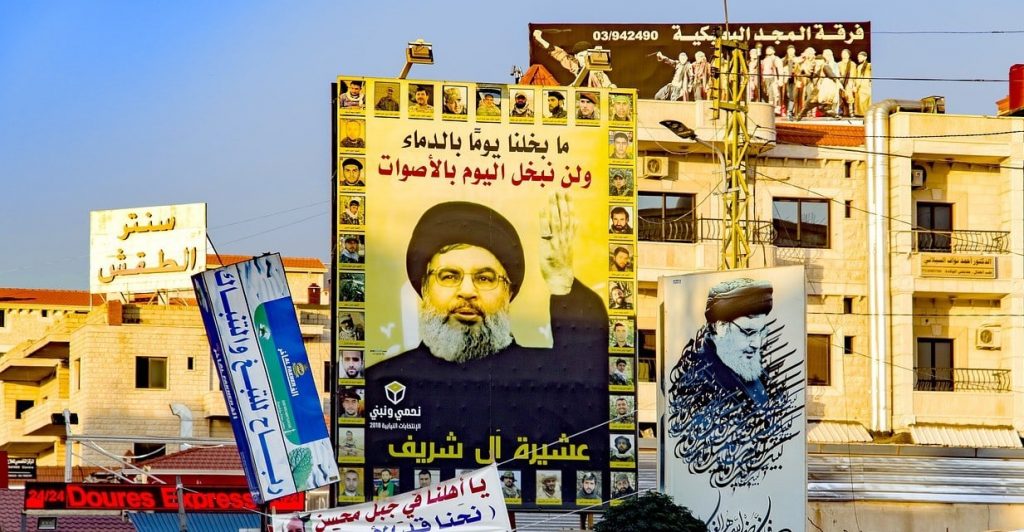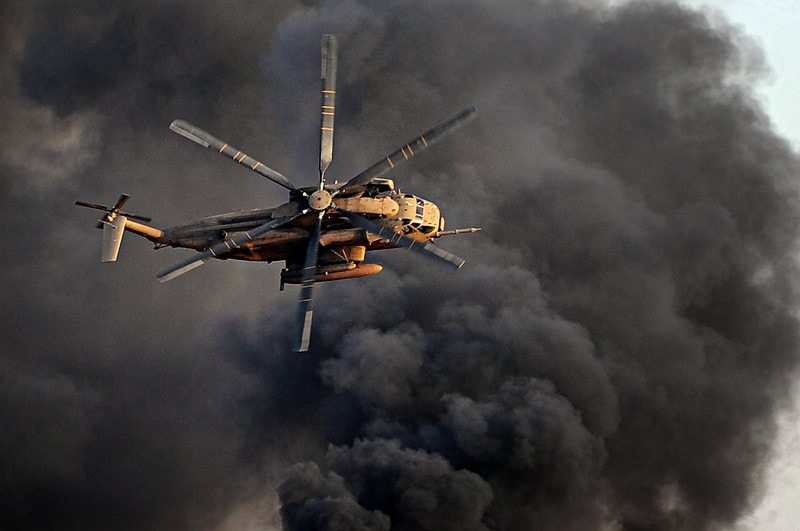
A detailed psychological profile written by Israeli experts says that Hassan Nasrallah “deeply fears“ a military attack by the IDF. The 2006 Lebanon War had a profound effect on the Hezbollah leader and dented his confidence in predicting Israel’s moves, the in-depth analysis says.
The full names of the authors who wrote the new report are classified. They are identified only by their titles and first names, IDF Colonel Guy and Dr. Keren.
The two specialists note that previous studies to profile Nasrallah portray him as a shrewd strategic thinker with unique capabilities. However, in many ways he remains an enigmatic figure that experts still struggle to decipher.
The 81-page study draws on concepts from the field of political psychology to offer new insights. To profile Nasrallah, the researchers analyzed his 983 speeches since he became Hezbollah’s leader, as well as interviews and other statements.
This large project now offers a fascinating glimpse into Nasrallah’s worldview, radical vision, and fears.
Unsurprisingly, the report notes that Nasrallah holds extremely hostile views toward Israel and the US. The Hezbollah leader believes that the two countries are working together to take over the Middle East, the authors write.
Based on this worldview, Nasrallah’s attitude to Israel is uncompromising and violent. He sees resistance to the Jewish State as a key objective and is fully committed to Israel’s destruction, the study says.
The Hezbollah leader’s doctrine reflects a conspirative mindset and a “sense of paranoia” common among Islamic figures, the report says. The authors assess that Nasrallah’s deep-seated anxieties worsened after the Second Lebanon war.
Nasrallah scarred by war
Nasrallah “deeply fears” military action by the IDF against Hezbollah or targeting him personally, the study says. He is particularly concerned that Israel will humiliate him and show that he’s weak.
This fear was shaped and magnified by the 2006 war, which devastated Lebanon and stained his reputation, the researchers conclude.
Crucially, the conflict tarnished Nasrallah’s image as an expert on Israel, highlighting his flawed understanding of the country and its leaders. While the Hezbollah chief saw Israel as frail and cautious, it turned out to be aggressive and unpredictable.

The study paints the Lebanon War as a dramatic turning point for Nasrallah that revealed his limited capacity to shape reality. The outcome of the war hurt his self-confidence and sharply reduced his willingness to take risks, the authors say.
Nasrallah’s actions since 2006 suggest that he largely resists risky moves against Israel to avoid further humiliation. He now tends to act only when he feels cornered or pressured by other Hezbollah members, the study says. Moreover, the researchers suggest that his personal situation and long-term vision have also been shaken up.
Lonely and less optimistic
The killing of top commanders Imad Mughniyeh and Badr al-Din left Nasrallah alone, the psychological profile says. By now, he has no trusted lieutenants he can consult with on strategic issues and share the burden of ensuring Hezbollah’s survival.
Hunkered down in a bunker fearing an Israeli assassination, Nasrallah rarely ventures out. His isolation and loneliness in heading Hezbollah make him more paranoid, the study says. Moreover, his increasingly centralized leadership style leads to added fatigue.
Overall, Nasrallah is now less optimistic about the future, the researchers observe. Despite his natural sense of optimism and patience, which characterize Islamic leaders, reality has taken its toll.
By now, the Hezbollah chief is less hopeful about achieving his ultimate aims given the hardships and stress he faces, especially inside Lebanon.
The authors note that Nasrallah doesn’t admit this openly, but an analysis of his rhetoric shows a “significant decline” in his optimism. However, they caution, this drop could be temporary.
Nasrallah still dangerous
The study says that in recent years, Nasrallah is trying to maintain deterrence against Israel without sliding into an all-out conflict. This approach could explain his behavior at times of high tension and greater risk of war.
However, the analysis notes that regardless of changes in his thinking, Nasrallah’s fundamental beliefs are unchanged. He may take pragmatic steps that contradict some of his views, but his core ideology remains intact. As such, he’s still a highly dangerous enemy.
Overall, the researchers warn that Nasrallah continues to significantly challenge Israel. They note that for decades he has shown considerable skill, flexibility and toughness in navigating difficult and complex realities.
The experts also suggest that Hezbollah’s leader will not surrender, even under intense pressure. With his back to the wall, they predicted, Nasrallah will likely fight back.


